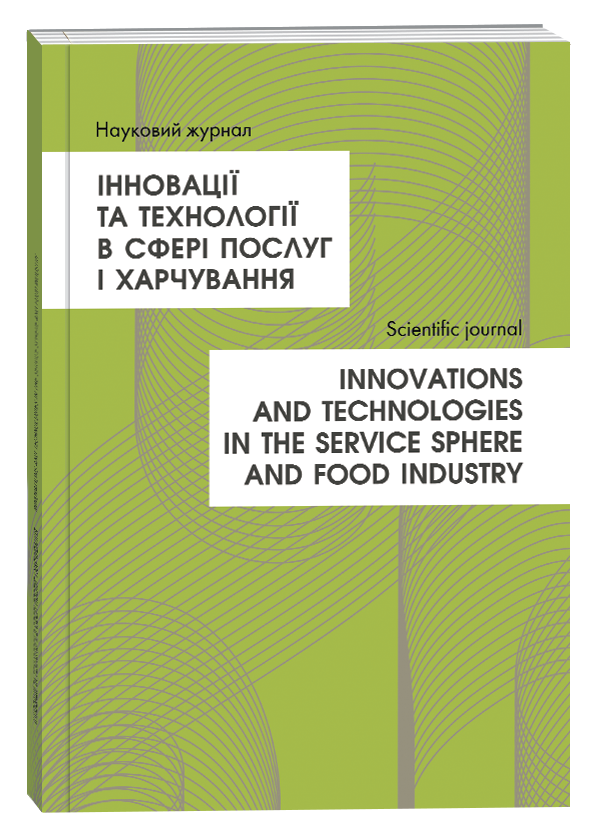STUDIES OF COGNITIVE MANAGEMENT IN THE FORMATION OF AN AUDITOR'S EXCELLENT CHARACTERISTICS
Abstract
This study considers the self-efficacy of audit professionals as an indicator of motivation to improve audit quality. The institutional quality of an audit can both reduce and exacerbate the uncertainties arising from incomplete information about the behavior of economic agents, corporate governance with lower institutional audit quality may not work effectively. We study the relationship of individual self-efficacy with efficiency at the level of an economic agent and more external characteristics in predicting cognitive activation and control. It is indicated that the professional skills and abilities of auditors in solving problems of a higher order will be more effective when using the concept of "cognitive management", which focuses more on the development of mental models or metacognitive skills. It was revealed that the method of cognitive management in professional activity consists of six steps: modeling, coaching, planning, articulation, reflection and research. Auditors undergoing professional development through cognitive apprenticeship may acquire cognitive skills through discursive interaction. In order to intensify research in the field of management and increase the professional skills of auditors in the workplace, the cognitive management model should be combined with coaching research, including coaching professionals with aspiring specialists. Since these aspects and the method of cognitive apprenticeship have much in common, it is possible to identify coaching behaviors that contribute to the development of employees' cognitive and metacognitive skills by integrating cognitive management with coaching research. By integrating professional growth with cognitive theory, the cognitive apprenticeship model can be used to build the professional skills of top-level auditors, as cognitive management combines genuine problem-solving experience with expert guidance instead of decontextualized learning. The findings indicate the importance of turning to cognitive management in the study of auditor self-efficacy.
References
Beane, M. (2019). Shadow learning: Building robotic surgical skill when approved means fail. Administrative Science Quarterly, vol. 64(1), pp. 87–123.
Billett, S. (2014). Mimesis: Learning through everyday activities and interactions at work. Human Resource Development Review, vol. 13(4), pp. 462–482.
Bruin, L. R. (2019). The use of cognitive apprenticeship in the learning and teaching of improvisation: Teacher and student perspectives. Research Studies in Music
Wilk, J. S. (2010). Signature pedagogy: A framework for thinking about management education. Journal of Management Education, vol. 34(4), pp. 491–495.
DeFond, M., & Zhang, J. (2014). A review of archival auditing research. Journal of Accounting and Economics, vol. 58(2–3), pp. 275–326.
Francis, J. R. (2011). A framework for understanding and researching audit quality. Auditing/ A Journal of Practice & Theory, vol. 30(2), pp. 125–152.
Vasyurenko, L., Kuksa, I., Danylenko, V., Ostashova, V., Kysliuk, L., Naholiuk, O., Sukhoruchenko, M. (2021). Modeling Financial Supply of State Social Expenditures: The «Human-Center» Tax Principle. International Journal of Supply and Operations Management, vol. 8(4), pp. 370-380.



